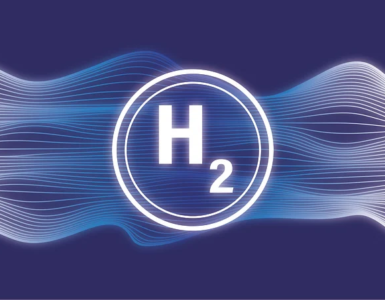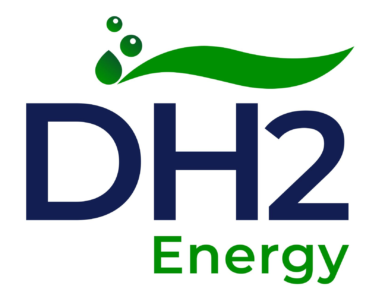Financing Singapore’s Hydrogen Future, risky bet? Report
- Singapore’s National Hydrogen Strategy appears to be meticulously conceived and well- situated within Singapore’s decarbonisation plans. Policy support will make hydrogen- related projects more bankable. However, financiers will still need to sort the wheat from the chaff.
- “Low-carbon” or “clean” hydrogen definitions may not align with a credible net-zero pathway if fossil fuels are still being used to produce them, and projects relying on them face high risk of not meeting expected decarbonisation outcomes. Financiers should require reputable certificates of origin and ensure they are internationally recognised, stringent, and comprehensive.
- Using hydrogen for power generation in Singapore may not make economic sense and takes away capital that could have been used to develop and scale up lower-cost, lower-risk decarbonisation solutions that align with net-zero. Hydrogen should be used for sectors that have no better substitutes in terms of cost and efficiency (e.g. oil refinery, shipping).
- While hydrogen is certain to have a role to play in Singapore’s sustainable future, informed scientific and technical knowledge has demonstrated that it is not a panacea to address the climate challenge and is best coupled with other approaches. Capital should be prudently directed to hydrogen projects that have low financing risks and are aligned with a credible net-zero pathway.
- Financiers can reduce financing risks by structuring additional protective covenants for projects with new or unproven technologies, or rely on experts with technical knowledge and an understanding of economics to aid in the due diligence on these projects.
READ the latest news shaping the hydrogen market at Hydrogen Central
Financing Singapore’s Hydrogen Future, August 14, 2023








